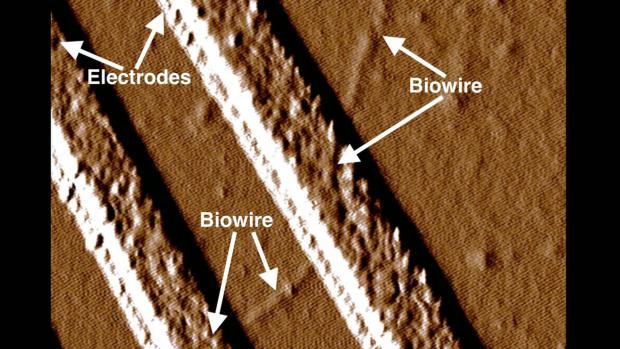
Breaking News
 Israel First Vs America First Conservatives
Israel First Vs America First Conservatives
 The COVID Vaccine DNA Bombshell They Tried to Hide | Exclusive with Dr. David Speicher
The COVID Vaccine DNA Bombshell They Tried to Hide | Exclusive with Dr. David Speicher
 Alarm Bells Going off EVERYWHERE, and Putin and China Smell Blood | Redacted w Clayton Morris
Alarm Bells Going off EVERYWHERE, and Putin and China Smell Blood | Redacted w Clayton Morris
 Ben Shapiro Joining CNN Exposes His REAL Scheme
Ben Shapiro Joining CNN Exposes His REAL Scheme
Top Tech News
 Goodbye, Cavities? Scientists Just Found a Way to Regrow Tooth Enamel
Goodbye, Cavities? Scientists Just Found a Way to Regrow Tooth Enamel
 Scientists Say They've Figured Out How to Transcribe Your Thoughts From an MRI Scan
Scientists Say They've Figured Out How to Transcribe Your Thoughts From an MRI Scan
 SanDisk stuffed 1 TB of storage into the smallest Type-C thumb drive ever
SanDisk stuffed 1 TB of storage into the smallest Type-C thumb drive ever
 Calling Dr. Grok. Can AI Do Better than Your Primary Physician?
Calling Dr. Grok. Can AI Do Better than Your Primary Physician?
 HUGE 32kWh LiFePO4 DIY Battery w/ 628Ah Cells! 90 Minute Build
HUGE 32kWh LiFePO4 DIY Battery w/ 628Ah Cells! 90 Minute Build
 What Has Bitcoin Become 17 Years After Satoshi Nakamoto Published The Whitepaper?
What Has Bitcoin Become 17 Years After Satoshi Nakamoto Published The Whitepaper?
 Japan just injected artificial blood into a human. No blood type needed. No refrigeration.
Japan just injected artificial blood into a human. No blood type needed. No refrigeration.
 The 6 Best LLM Tools To Run Models Locally
The 6 Best LLM Tools To Run Models Locally
 Testing My First Sodium-Ion Solar Battery
Testing My First Sodium-Ion Solar Battery
 A man once paralyzed from the waist down now stands on his own, not with machines or wires,...
A man once paralyzed from the waist down now stands on his own, not with machines or wires,...
Nano-sized conductive wires built by bacteria

The new research is led by Dr Derek Lovley, head of a team at the University of Massachusetts Amherst, sponsored by the ONR. The work focuses on a bacteria called Geobacter, which produces microbial nanowires.
These protrude from the organism, letting it form electrical connections with iron oxides in the ground, helping it to grow. That electrical conductivity is useful for the bacteria, but in its natural state, is too weak for humans to make use of.
"As we learned more about how the microbial nanowires worked, we realized it might be possible to improve on nature's design," said Dr Lovley. "We rearranged the amino acids to produce a synthetic nanowire that we thought might be more conductive."



